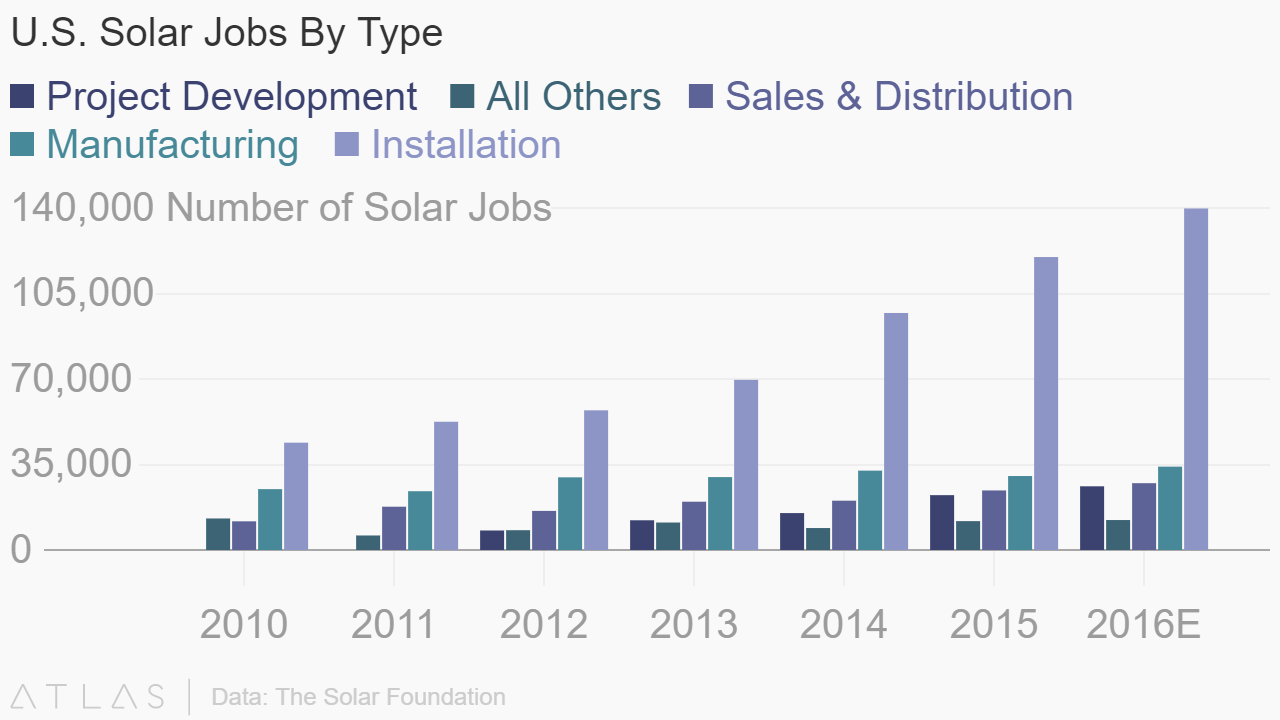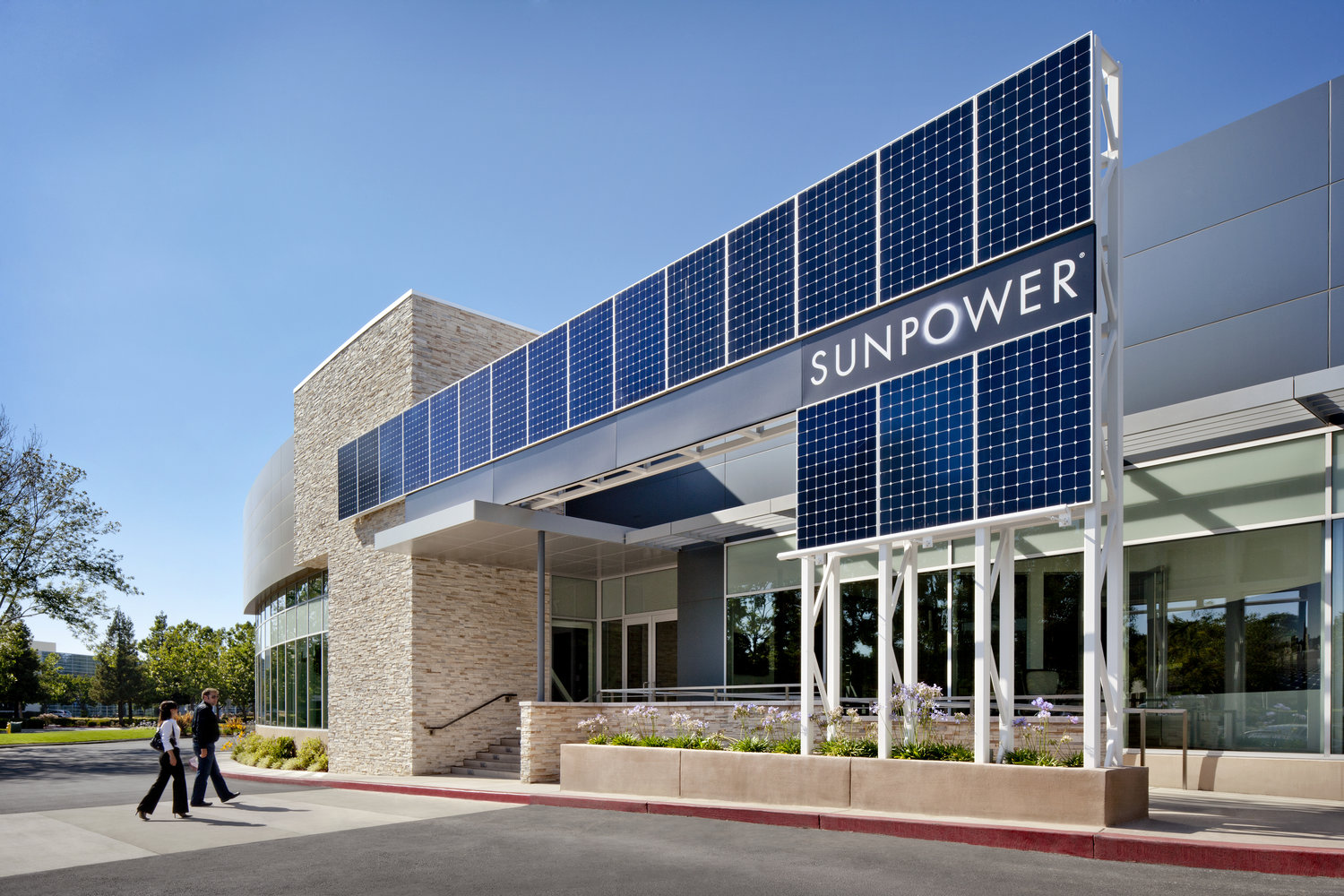 |
The solar import tariff implemented this year has caused significant dispute between policy makers, economists, and supporters of the solar industry. Now, U.S. based solar company, SunPower, has filed an exemption request with the U.S. Trade Representative. This motion reflects the most central debate regarding the trade case: is the tariff helping, or hurting, the U.S. solar industry? |
Looking back, the proposed tariff was filed under Section 201 of the Trade Act of 1974, a safeguard measure for U.S. companies under threat from global competitors. The clause is applied if an American industry can prove serious injury to its business from global competitors. The U.S. based solar manufactures Suniva and SolarWorld Americas were responsible for the petition eventually leading to the solar tariff, implemented February 7th, 2018.
Supporters of the trade case asserted that the tariff would promote the U.S. solar industry. Following news of the petition, SolarWorld's President and CEO stated:
"We welcome this important step toward securing relief from a surge of imports that has idled and shuttered dozens of factories, leaving thousands of workers without jobs."
In general, economists from across the political spectrum agree that tariffs are typically ineffective and reduce economic efficiency. Whereas the tariff could potentially make U.S. manufacturing "more competitive", the result may be higher costs and thousands of layoffs in the installation end of the solar industry. As of last year, the U.S. solar industry employed more people than all fossil fuels combined! However, it isn't manufacturing jobs constituting the majority... its panel installation jobs, and construction jobs associated with energy transmission, distribution and storage. The rise in these jobs has relied heavily on the rapid decreasing price of manufactured component parts, which have dropped over 70% since 2010.
This chart depicts the significant proportion of non-manufacturing U.S solar jobs

(Source: www.theatlas.com)
Just days after the tariff was implemented, numerous nations filed complaints with the World Trade Organization (WTO). Many of these nations argue against the tariff's claims utilizing Section 201. However, closer to home, U.S. based company SunPower is now filing for exemptions under the tariff. The claim filed portrays a great example of the trade dispute.
San Jose, California-based SunPower manufactures most of its panels in the Philippines and Mexico. Although the company imports various components from abroad, the exemption request is only concerning a new, high-tech premium solar panel (as opposed to its lower-cost "P-Series" which dominates the market). Immediately after the tariff announcement in January, SunPower revoked a $20 million investment in its next-generation cell technology that would have created hundreds of jobs in California and Texas, and furthered progress in the industry as a whole.

(Source: www.buildordie.com)
SunPower's HQ in San Jose, California
To quickly consider the other argument: has the tariff shown any promise of helping the U.S. solar industry, or manufacturing jobs at least? So far, only Chinas JinkoSolar (JKS.N) has said it plans to build a U.S. manufacturing facility, and SolarWorld, one of the original petitioners discussed previously, has said it will hire 200 employees this year. Regardless of this, popular opinion still critics the economic basis of the tariff.
The exemption request will undergo a 30-day comment period before the U.S. Trade Representative makes a decision. Solbid hopes those involved will come to a decision that promotes innovation and supports a health U.S. solar industry.








